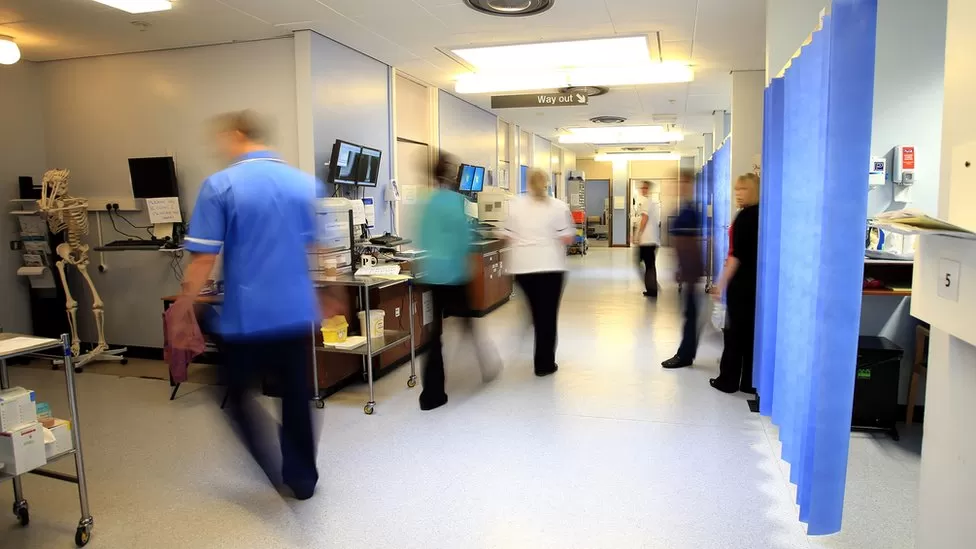More than 30 senior medics have said they are “embarrassed, ashamed and demoralised” by the standard of care they can give in a new hospital’s A&E. In a letter to NHS trust executives, the Royal Liverpool University Hospital staff said its emergency department was “overcrowded, chaotic and unpleasant”. The letter, dated 8 November, was sent to the Health Service Journal over fears the situation has not improved.
The trust which runs the site said it had made positive progress since then. The new 646-bed hospital was fully operational by October after relocating its departments from the old Liverpool Royal Hospital. Its opening was delayed by five years with costs spiralling from £335m to an expected £1bn-plus.

‘Dreadful conditions’
The letter to Liverpool University Hospitals NHS Foundation Trust was signed by 31 medics, including clinical director for acute and emergency care Hon-Wing Shek and the department’s clinical lead Junaid Rathore. They said a reliance on corridor care was “unacceptable and unsafe” and the need to utilise a waiting room and X-ray waiting area chairs for patients awaiting admission was “completely unacceptable”.
“Frequently, patients are waiting for over 24 hours in these conditions,” the medics said. “We are embarrassed, ashamed and demoralised by the standard of care we are able to provide.” They also highlighted how they were “seriously concerned” about the effect the environment was having on staff, adding that nurses were in tears daily. They added that patients were “receiving unacceptable care in dreadful conditions”.
The trust’s chief medical director Dr Jim Gardner said whilst there had been “positive progress” since the letter was received, “we completely recognise that there is still much more to be done to support the team”. “We are continuing to work with them and colleagues throughout the trust to improve patient flow and help relieve the pressures on the emergency floor,” he said.
He added that the pressures facing the emergency department was “identical to those faced by hospitals across the country” and the trust was working with “clinical colleagues… throughout the hospitals and across the system to explore every avenue to try to provide the best care possible for patients amidst these unprecedented challenges facing the NHS”.
![]()





